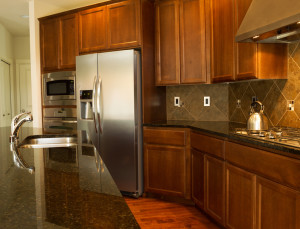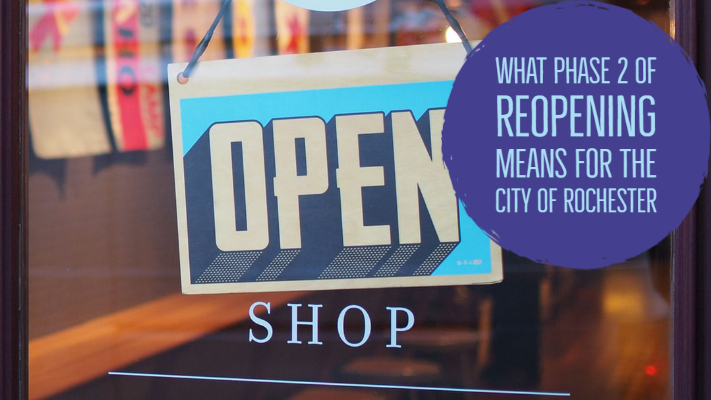With the Rochester Fall Home Show right around the corner, local homeowners are eager to get a glimpse at all the nifty appliances they can buy for their kitchen.
Unfortunately, their brand new devices could be outdated by the time the next Fall Home Show comes around.
According to TWICE, “smart” appliances are the future of the kitchen industry, and major corporations are looking into how they can integrate their products with the new technology that’s being introduced.
The idea of smart appliances has been around for a while, but recent studies into consumer demand for the products has shown that it may still be a few years before people actually want them in their kitchen.
John Riddle, VP of LG Electronic USA senior sales, foresees a multi-year learning curve for consumers.
“I think ‘smart’ as in a connected appliance has tremendous potential, but for now, in most cases their introduction is in flagship products, and we have to continue as an industry to see where the legs are for this and how we can best introduce it to the consumer,” said Riddle. “I love the idea and the concept; it’s just that right now it’s not at the point of achieving scale.”
Examples of smart appliances include a refrigerator that can identify spoiled milk and order more directly from your grocery store, or a grill that works with voice-commands, inquiring as to what you are cooking and how you’d like it to be cooked.
Many consumers have a hard time operating kitchen appliances as it is, so the new technology can be daunting for many.
A consumer poll conducted last November with Braun Research found that consumers are looking for technology that’s “purposeful, rather than impractical.” About 65% of homeowners still prefer stainless steel appliances, but the demand for more advanced versions of these products is simply not there yet.
Jo Seong-jin, president and CEO of the LG Electronics Home Appliance and Air Solution Co., believes that people will come around when they see the ancillary benefits of these smart appliances.
“Maybe in an area with new, energy-efficient homes, we should start by working with builders or large builder distributors,” he suggested. “There may also be some opportunities for us with products like the hybrid dryer to work with like-minded utilities that want to drive something that’s going to save energy.”
In the meantime, consumers should enjoy their normal stainless steel appliances while they can. Industry projections forecast all kitchen appliances being “smart” within the next few years.
If you are still having problems figuring out how to work your one-cup coffee maker, then you should brace yourself for what is yet to come. The kitchen is about to get a lot more advanced.







No Comment